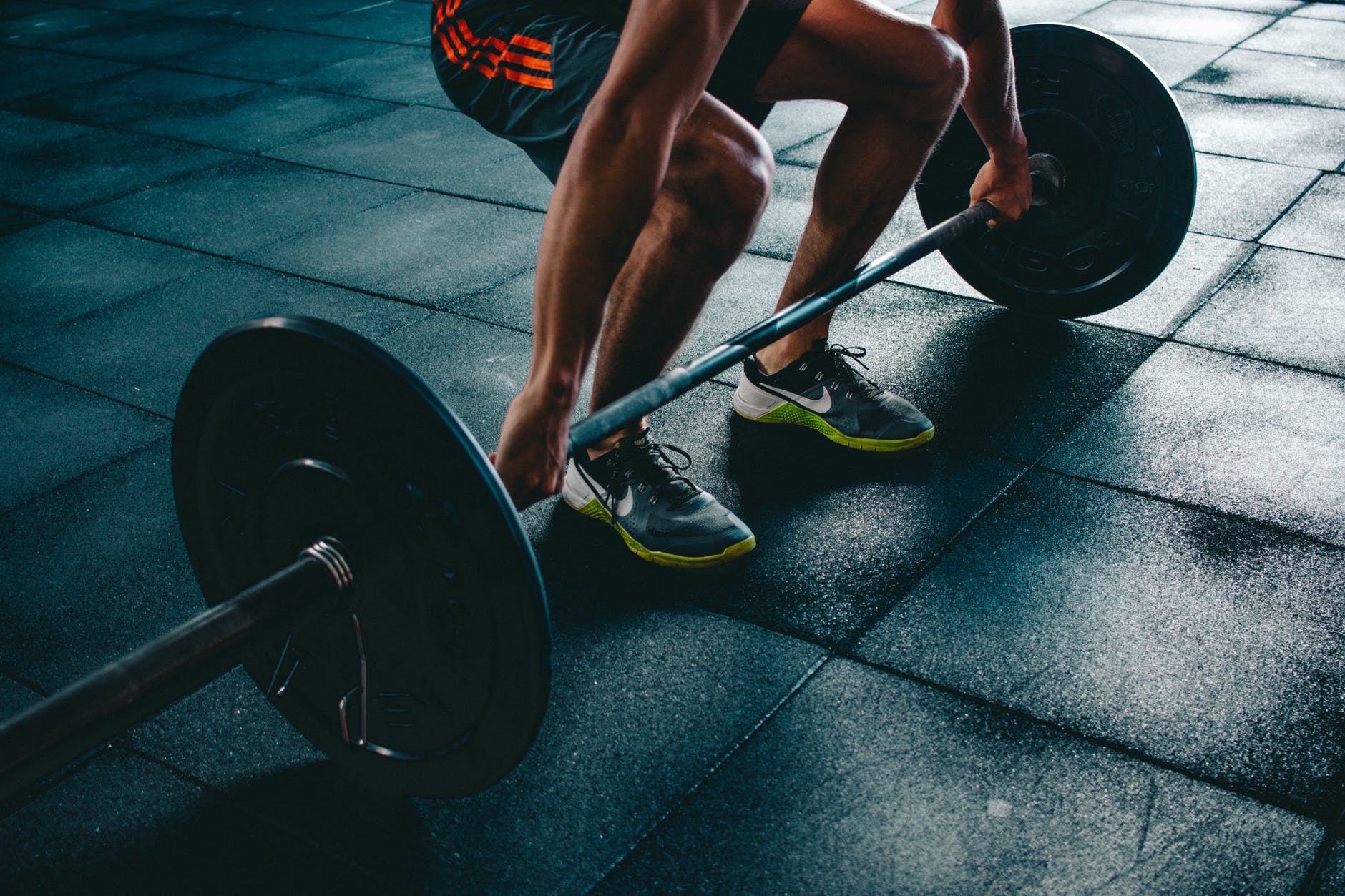Webinar recap: Is it taboo? Coaches, athletes and anti-doping
To mark Clean Sport Week 2020, UK Anti-Doping (UKAD) revealed the results of its elite athlete survey. The poll, commissioned by UKAD, aimed to gain insight on anti-doping and how it is managed and addressed between athletes and coaches.
Of the elite athletes surveyed, 83% thought that coaches should educate themselves on anti-doping. A further one in 10 admitted that their coach had never spoken about anti-doping measures.
To discuss these findings, UKAD gathered athletes and coaches for a special ‘Clean in Quarantine’ webinar during Clean Sport Week. The esteemed panel included British Canoeing’s Matthew Lawrence, paracanoe head coach; British Rowing’s Darren Whiter, high performance coach; British 400m Individual Medley swimming champion, Max Litchfield; and British Weightlifting champion and UKAD Athlete Commission member, Jo Calvino.
Key outtakes from the panellists include:
“Coaches might face difficulties if they don’t accept that advising on clean sport and having the knowledge and responsibility to do so is part of their role. If anti-doping isn’t perceived as part of the role of a coach, it won’t be covered.
“There’s also some misunderstanding on who is covering anti-doping in the network of support personnel working with athletes. Some coaches may stay away from educating about the necessary measures because they believe someone else is covering it.
“Overwhelmingly amongst the vast majority of coaches, there is a sense of right and wrong when it comes to cheating. However, the current athletes require more help and support to avoid inadvertent doping such as the challenges with using supplements, nutrition, medications, whereabouts and testing pools. This is where coaches require additional education because athletes need support in these areas. Many Coaches may be focusing more on the right and wrong of intentional doping.” – Darren Whiter
“There are more challenges now for coaches to consider than 30 years ago. They need to have open discussions with their athletes on anti-doping, give them signposting to the right information, and contact the relevant NGBs. Athletes sitting outside of national programmes are more exposed as they don’t have the same level of support.” – Jo Calvino
“In my personal experience, I’m at a national sport centre and I’m surrounded by a big sports science team, which takes the strain away from the coach. I would go straight to my nutritionist or anti-doping officer for advice. I have never thought of the coach as having a big role within my anti-doping routine as the responsibility sits with me.” – Max Litchfield
"Advising on anti-doping is about health, it's not just about cheating. The conversations need to start as young as possible with parents, age-group coaches and the wider support network all getting involved when it comes to advising on eating healthily, supplements and the correct use of medications if needed." – Matt Lawrence
“For younger athletes, the information has to come from someone they trust. Aspiring and younger weightlifters have come to me in person and via Instagram to ask for advice. When I’m coaching, I try to drop anti-doping signposting into the conversation in a way that they will actually listen to. They need to be aware of the consequences and what it [doping] could cost them.
“Occasionally, coaches are nervous because they don’t want to scare younger athletes or make elite sport seem like a horrible thing to be involved in. Anti-doping needs to be phrased in a clear way that makes them [athletes] understand the consequences.” – Jo Calvino
“At a young age, it was really difficult to know how important these anti-doping measures were. At the time, it seemed quite time consuming. But now, I know it’s really important to build a bank of tools including Informed Sport and Global DRO into your routine, so you know where to go to in certain situations.” – Max Litchfield
“Over the last five years, there has been a big push on information and education for coaches. The 2015 World Anti-Doping Code was the biggest step to hold coaches accountable and not give them a choice but to adhere to anti-doping rules.” – Matt Lawrence & Darren Whiter
“There is a lot of focus on educating the athletes in order for them to stay clean. However, the role of athlete support personnel is to encourage them to stay clean.” – Darren Whiter
“If you want to be a high-level coach, know the sport and know the rules. Anti-doping rules form part of the sport.” – Darren Whiter & Jo Calvino
“Coaches are the anti-doping equivalent of a community medical first responder. You don’t need to know loads. [Coaches] just do some basics really well to stop further harm and know where to get further help. You need to know where to signpost athletes to get the right information such as Informed Sport or Global DRO.
“That’s the most important skill coaches need to prevent accidental doping. We can upskill others to assist at the next level.” – Darren Whiter
See the full webinar below (key points summarised as above).



